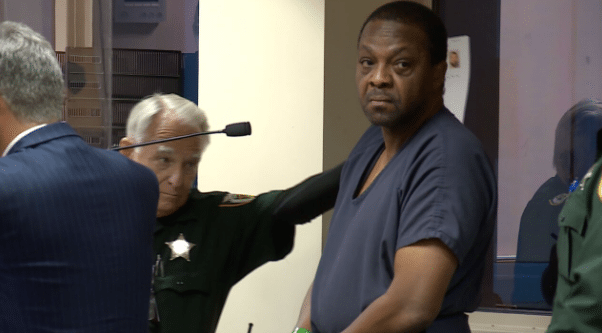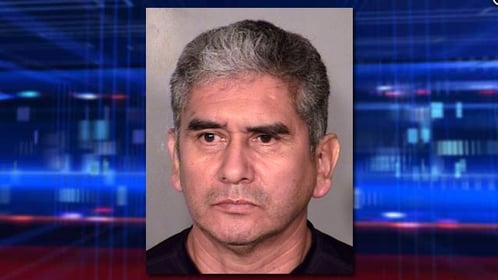Even while a record number of states have submitted reciprocity bills and constitutional carry amendments – there’s still quite a bit of political tension rattling the debate about whether or not people are ready to take responsibility for their firearms.
As members of the concealed carry community, it’s a topic that comes up quite often. For those unfamiliar, arguments persist about whether or not to grant reciprocity to concealed carriers from out-of-state. What’s at stake – truly – is whether or not we’re willing to be allowed to take responsibility for being a concealed carrier.
Mandatory Concealed Carry Courses? Not All That.
For many states in the Union, concealed carriers have to undergo some sort of mandatory training prior to being granted their concealed carry permit. However, as one North Carolina news organization pointed out – those courses aren’t exactly operating up to snuff.
Check the full story of News 9 North Carolina investigating mandatory Conceal Carry Courses here.
What it ultimately comes down to is any requirement for mandatory training will inevitably be prone to negligence. Now, someone seeking out training on how to properly use a firearm and practicing those techniques is absolutely something that should be central to the concealed carry culture. That said, is mandatory training truly the best way to instill this?
Concealed Carry – Some Assembly Required

Nobody is born with the latent ability to take a pistol from an inside the waistband concealed carry holster and instantly put shots on target. That’s something acquired through meticulous training and practice. As any concealed carrier discovers, it’s not what you do know that hurts you – it’s what you don’t know that can kill.
That’s why training ought be looked at as the thing that enables a concealed carrier to go from his or her daily routine and transition into defensive CCW mode. Some of the principles usually demonstrated in any decent CCW course include:
1. Principles of Firearm Safety
2. Defensive Posture
3. Close Quarters Maneuvers
4. Draw and Fire Drills
5. Situational Awareness
And on the broader picture, it’s necessary to understand the legal rights and ramifications of using a firearm. Those factors seemingly apply to the larger picture but in all actuality, it’s extremely important to understand how they can affect you.
Keep Cool and Talk to the Audience
Given all the training, practice, and understanding involved in simply carrying a firearm each day – is it too much to ask that this responsibility be understood by bystanders? Likely not. In the actual event of a hostile engagement, people tend to not instantaneously understand who’s the good guy. That’s why it’s important to always communicate with the people around you to ensure they know what you’re doing and why.
This may seem a bit difficult for those whom have undergone some stressful or violent situations in their lives. In the heat of the moment, considerations for strangers sometimes get sidelined by – well – survival.
However, incorporating active communication into your training regimen, at the range and outside, can help ingrain in the importance and reflexive nature of letting people who may be completely unfamiliar with weapons understand a little bit more about what’s happening.
Is it a guarantee that you’ll always be instantaneously credited with saving the lives of your loved ones and those around? Not at all. However, it is certainly a great first step towards ensuring that after the conflict is through – you’ll be granted proper legal justification. Sometimes that’ll have to do.
In conclusion, it may not be enough to consider the issue of concealed carry gun responsibility through the limited lens of mandatory training. True, any responsible carrier will train – however the degree of that training may not be something that can be properly legislated.
Do you have any considerations about carrying? Do you feel you’re properly equipped to handle yourself in a defensive CCW scenario? Tell us about what you do in the comments section below.








![[VIDEO] Armed Robbery Gives Insight Into Disarming The Bad Guy](https://imagedelivery.net/sbm_lYeJbALkepJgtmRD5w/concealednation.org/2022/08/ScreenHunter-1929.jpg/w=728,h=381)





